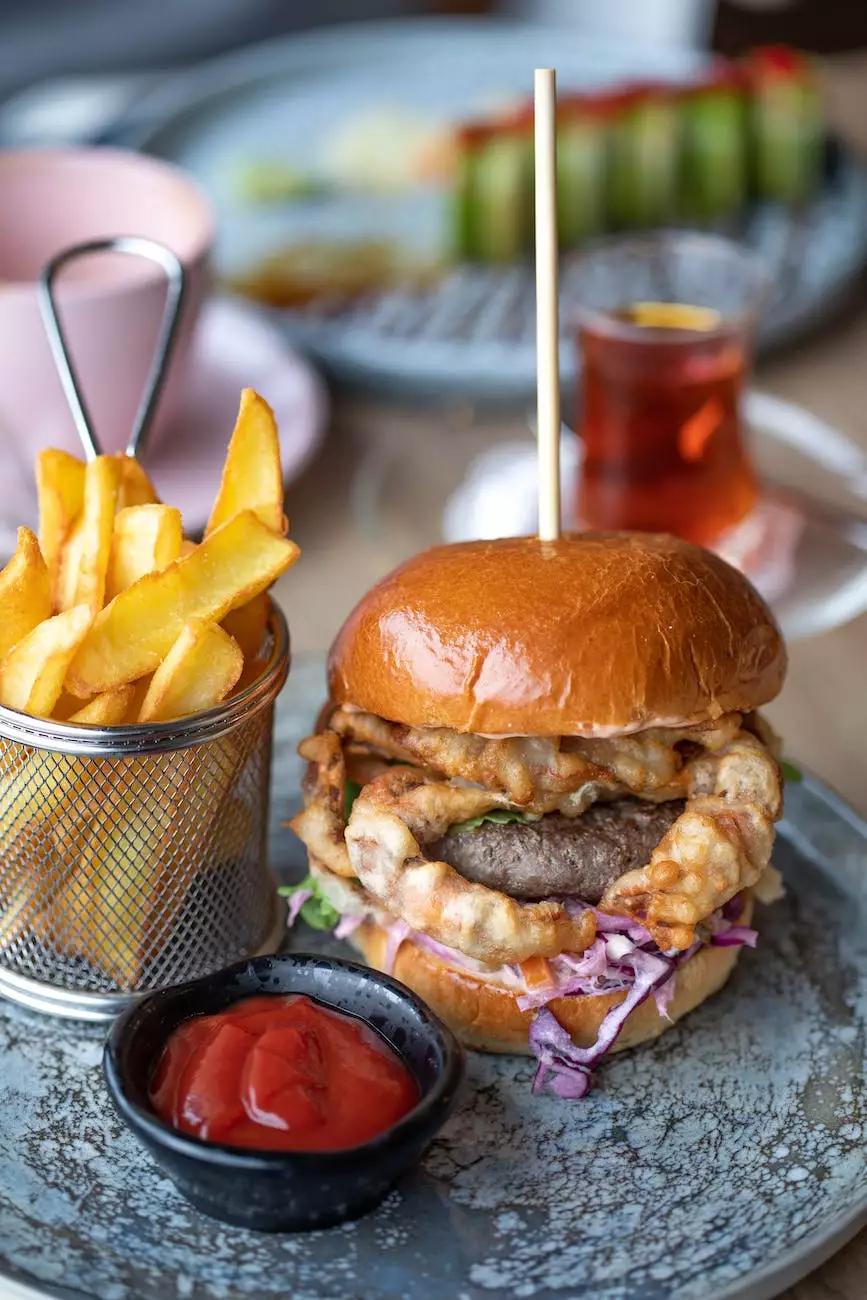The Relationship Between Inflammation and Sugar Consumption
Blog
Understanding Inflammation and Its Implications
Inflammation is a natural response of our immune system, designed to protect our bodies from infection and injury. It is a complex process involving various cells, tissues, and chemicals. While acute inflammation is crucial for healing wounds, chronic inflammation can have detrimental effects on our health.
The Role of Sugar in Inflammation
Sugar consumption is a topic of growing concern in today's society. From sugary beverages to processed foods, our diets have become inundated with excessive sugar intake. Studies have indicated a strong link between high sugar consumption and chronic inflammation.
When we consume refined sugars such as sucrose and high-fructose corn syrup, our bodies quickly metabolize them, leading to a rapid spike in blood sugar levels. This surge triggers the release of insulin, a hormone that helps cells absorb glucose for energy. However, excessive sugar intake overwhelms our cells' capacity, leading to insulin resistance and higher levels of circulating glucose.
The excess glucose can result in the production of pro-inflammatory molecules, such as cytokines and free radicals. These substances can initiate and sustain chronic inflammation, contributing to various health conditions like obesity, type 2 diabetes, cardiovascular diseases, and even mental health disorders.
Navigating the Sugar-Inflammation Connection
Understanding the relationship between inflammation and sugar consumption is essential for promoting overall well-being. While it may seem challenging to reduce sugar intake in today's society, there are steps you can take to create a balanced diet and minimize the inflammatory effects:
1. Read Food Labels
Familiarize yourself with the different names for added sugars, such as fructose, dextrose, maltose, and sucrose. Pay attention to the sugar content in processed foods, beverages, and condiments you consume regularly.
2. Opt for Whole Foods
Choose whole, unprocessed foods whenever possible. Fresh fruits, vegetables, lean proteins, and whole grains provide essential nutrients while naturally containing lower amounts of added sugars.
3. Limit Sugary Beverages
Sugary drinks like soda, fruit juices, and energy drinks can contribute significantly to sugar intake. Opt for water, unsweetened teas, or natural fruit-infused water as healthier alternatives.
4. Prioritize Anti-Inflammatory Foods
Incorporate anti-inflammatory foods into your diet, such as fatty fish rich in omega-3 fatty acids, leafy greens, berries, nuts, and seeds. These foods contain antioxidants and other compounds that can help counteract inflammation.
5. Practice Mindful Eating
Awareness of your eating habits and practicing mindful eating can promote healthier choices. Take time to savor each bite, listen to your body's hunger and fullness cues, and choose foods that nourish your body and mind.
Consult with a Mental Health Professional
Managing inflammation and adopting healthy lifestyle changes can be challenging. If you're struggling with the impact of sugar consumption on your mental health and overall well-being, it's important to seek support from a qualified mental health professional, such as Naomi S Korn, LCSW.
Naomi S Korn, LCSW specializes in providing therapy and counseling services that address various mental health concerns. By understanding the relationship between inflammation and sugar consumption, Naomi S Korn, LCSW can help clients develop personalized strategies to achieve improved emotional and physical well-being.
Conclusion
It is crucial to recognize the connection between inflammation and sugar consumption to prioritize our health. By reducing excessive sugar intake, making mindful dietary choices, and seeking professional guidance when needed, we can take control of our well-being and mitigate the risks of chronic inflammation.










